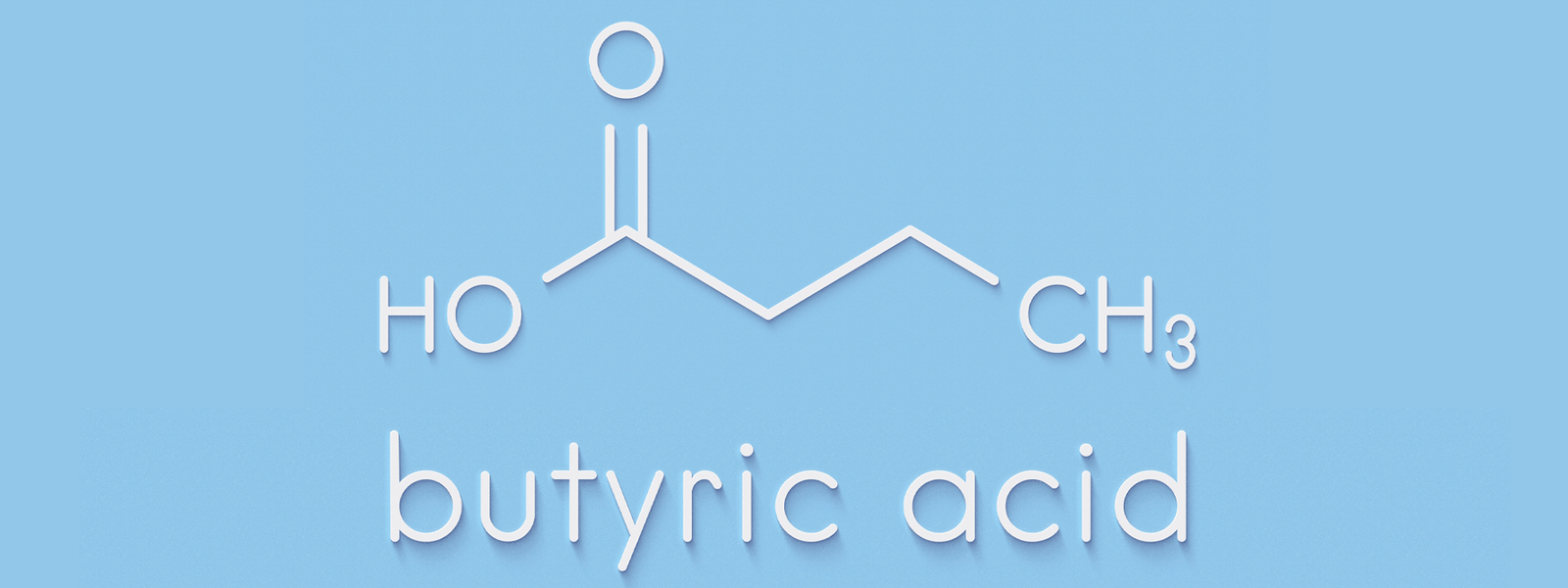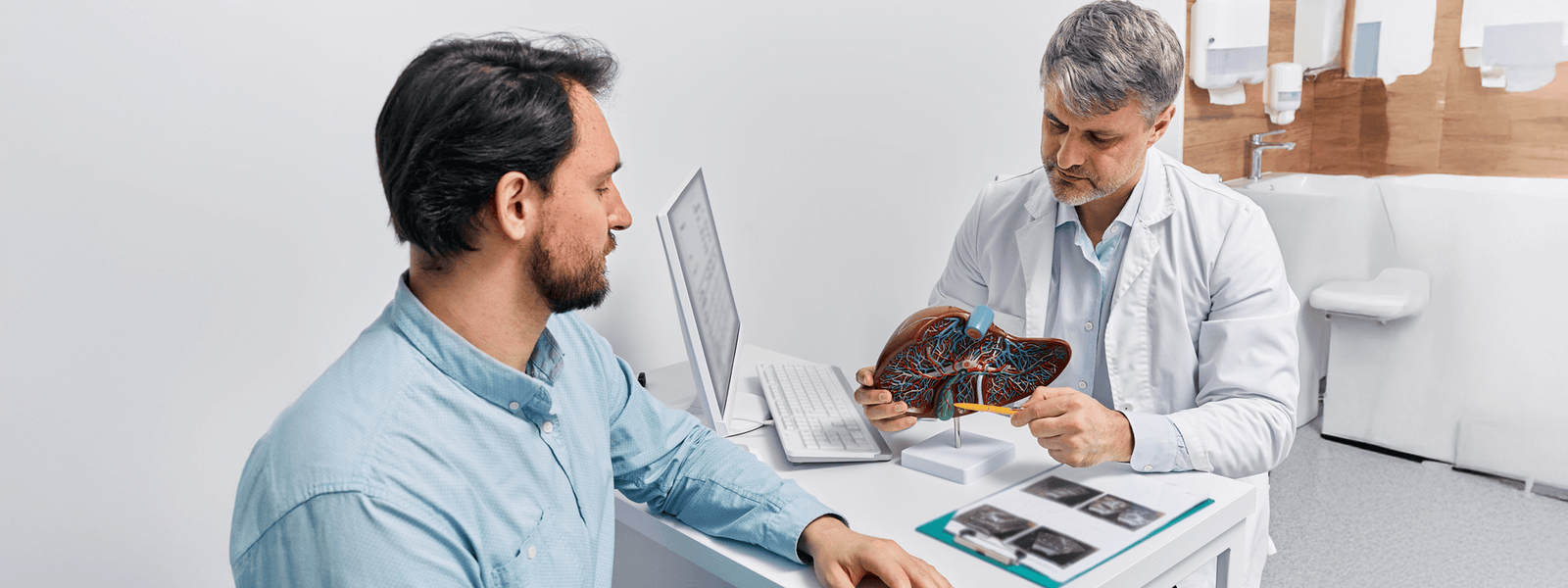Over the past few weeks, we have had a few comments enquiring about artificial sweeteners. Since they aren’t “real” sugar molecules, do they have the same effect on blood glucose and glycation as standard table sugar? The short answer is… YES!
These include increased glycation in the body, lessened brain function in growing children and its effect on insulin levels. We have also touched on the different types of sugar, as well as how to look out for hidden sugars while you do your weekly grocery shopping.
Over the past few weeks, we have had a few comments enquiring about artificial sweeteners. Since they aren’t “real” sugar molecules, do they have the same effect on blood glucose and glycation as standard table sugar?
The short answer is… YES!
If you think that artificially sweetened drinks are only flavoured water, but without the calories, think again. A Washington University School of Medicine study has found that sucralose (a popular artificial sweetener) when taken with some glucose* caused an enhanced blood insulin and glucose response, compared to those who simply drank water with the glucose. (*Glucose in this study is used to represent carbohydrates from different food groups)
Artificial sweeteners (while they don’t have the same calorie count) do cause glycation, just as sugar does. They are worse than real sugar as even though they don’t have the calories, they generate responses in your body that set up the expectation of calories, triggering cravings which may make you eat more. This is known as calories dysregulation – your body loses its ability to calibrate the degree of sweetness in food with the amount of calories you are consuming which sets you up to overeat.
Despite what some sweetener manufacturer’s claim, artificial sweeteners are no better than sugar.
In fact, a troubling number of studies have shown that artificial sweeteners are be much worse
New research has suggested that artificial sweeteners may also mess with the natural bacteria levels in your digestive system – reducing the amount of good bacteria and increasing intestinal pH levels. This imbalance as a result may lead to widespread negative health consequences, including increasing glucose intolerance – a sign that the body is doing a worse job of processing sugar.
So at this point, you’re pulling your hair out – I have to watch my levels of sugar AND I can’t opt for other sweeteners?
Not quite. The emphasis here is on ARTIFICIAL sweeteners. There are plenty of naturally sourced sweeteners such as Stevia, which we will be covering more in a later blog this week.
Another point I would like to re-emphasise is (I know I have repeated myself on this one!)… Go for sweeteners in forms nature intended! This means that yes, we can get into a big debate on the dangers of too much fruit, but you know what? Sugar from fruit is much better for you than artificial sweeteners. The trick is to have it in its naturally occurring form – with the fiber! Honey is another great option – don’t go for honey flavoured syrup, check the labelling and make sure what you are purchasing is pure unadulterated honey. Try out coconut sugar – I have mentioned this before. It is brown in colour which doesn’t look that pleasant, but it means it hasn’t been bleached or refined, and still has its nutritional content intact.
What other questions do you have on artificial sweeteners? I would love to clear up any myths or misconceived theories. Leave them in the comments section below.
In good health.
References:
- Virgin JJ. The Sugar Impact Diet. 2014 https://books.google.co.nz/books?id=rrt9BAAAQBAJ&pg=PT162&lpg=PT162&dq#v=onepage&q&f=false
- In a small study, researchers analysed the sweetener sucralose: http://news.wustl.edu/news/Pages/25491.aspx
- ‘Nature’ article on artificial sweeteners inducing glucose intolerance by altering gut microbiota: http://cdn.marksdailyapple.com/wordpress/wp-content/uploads/2014/09/Artificial-sweeteners-induce-glucose-intolerance-by-altering-the-gut-microbiota.pdf
- Read more about fake sweeteners and their effect on sugar metabolism here: http://www.latimes.com/science/sciencenow/la-sci-sn-artificial-sweeteners-microbiome-20140917-story.html#page=1


 Supplements
Supplements Superfoods
Superfoods Bundles
Bundles





















